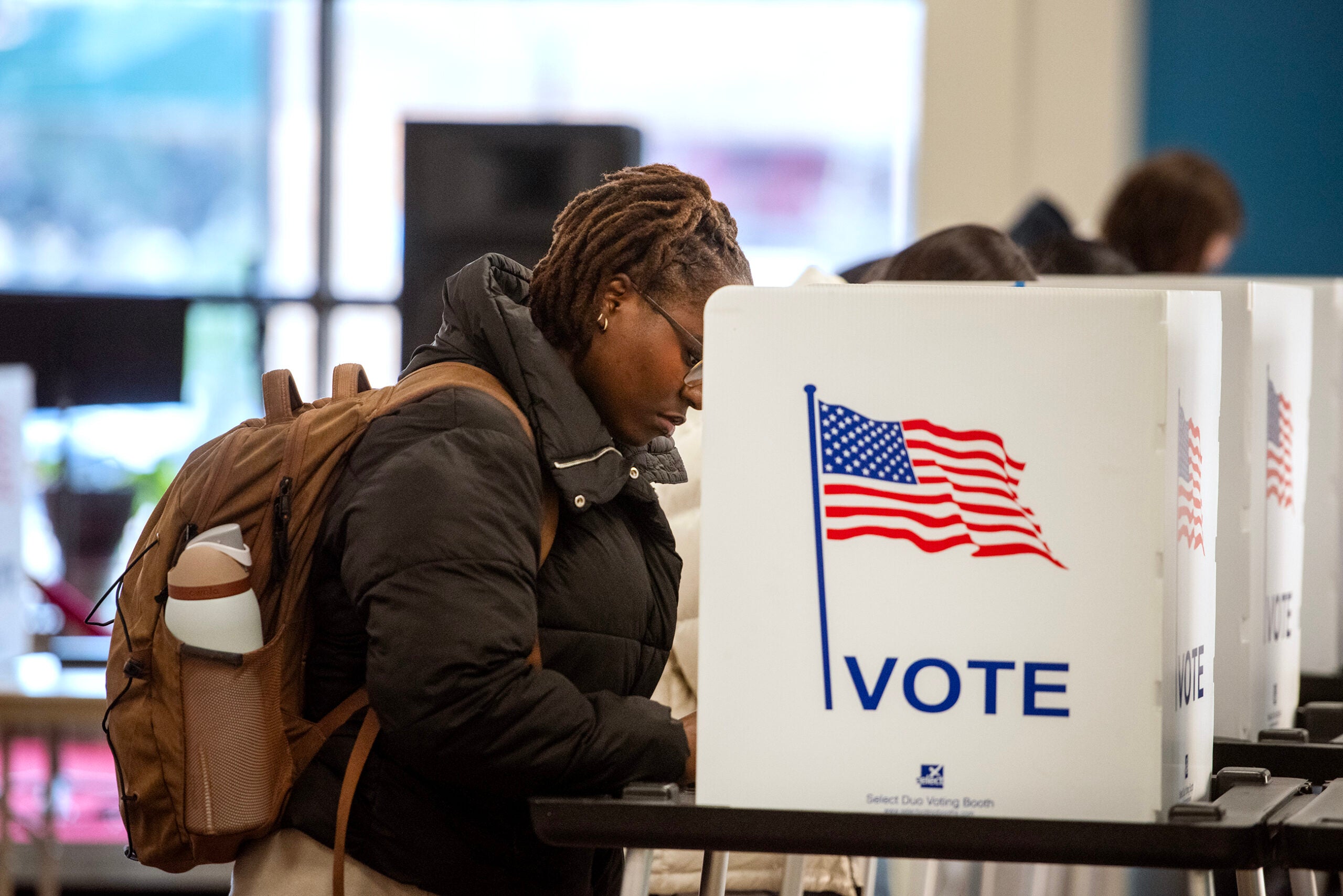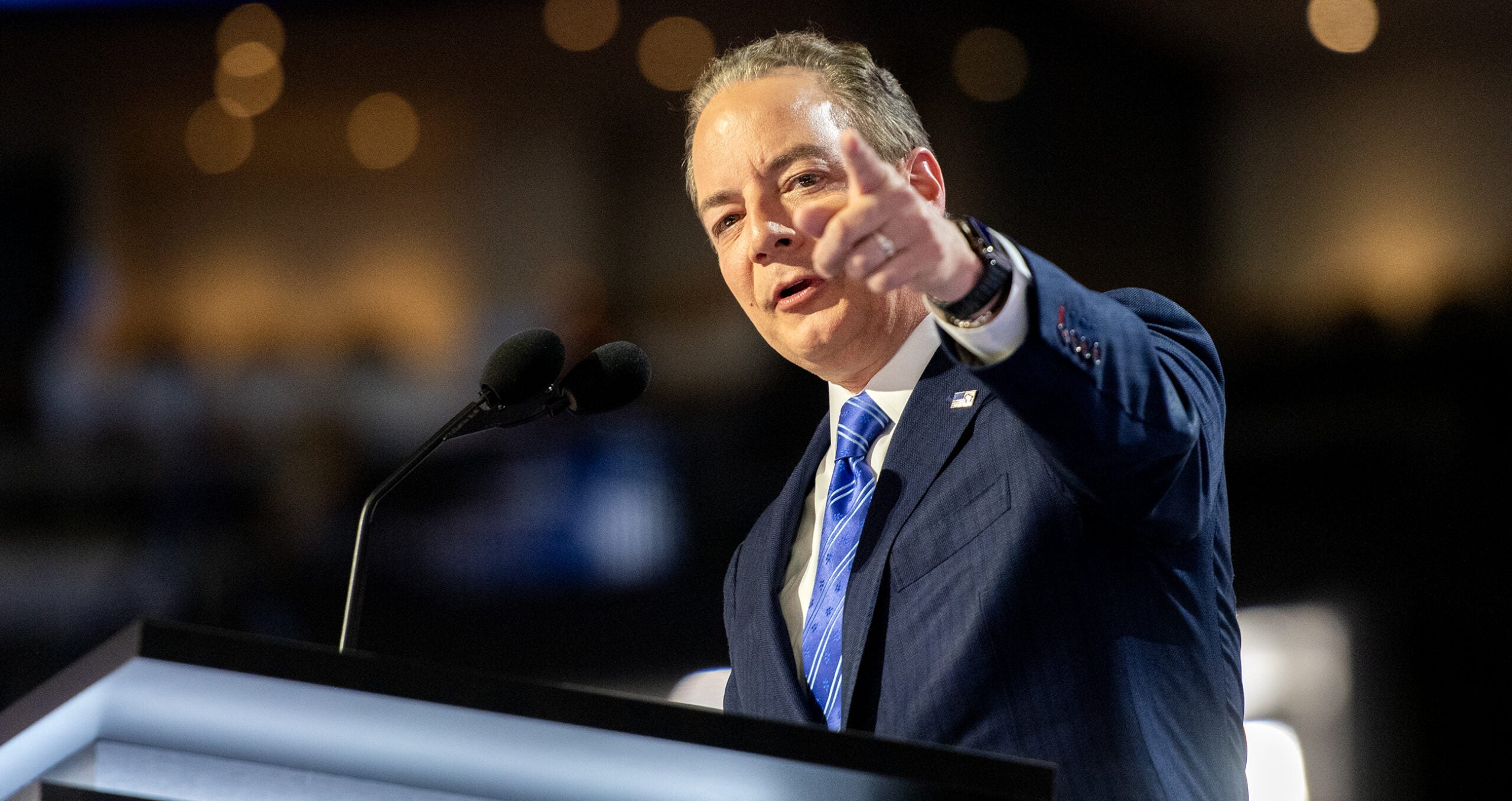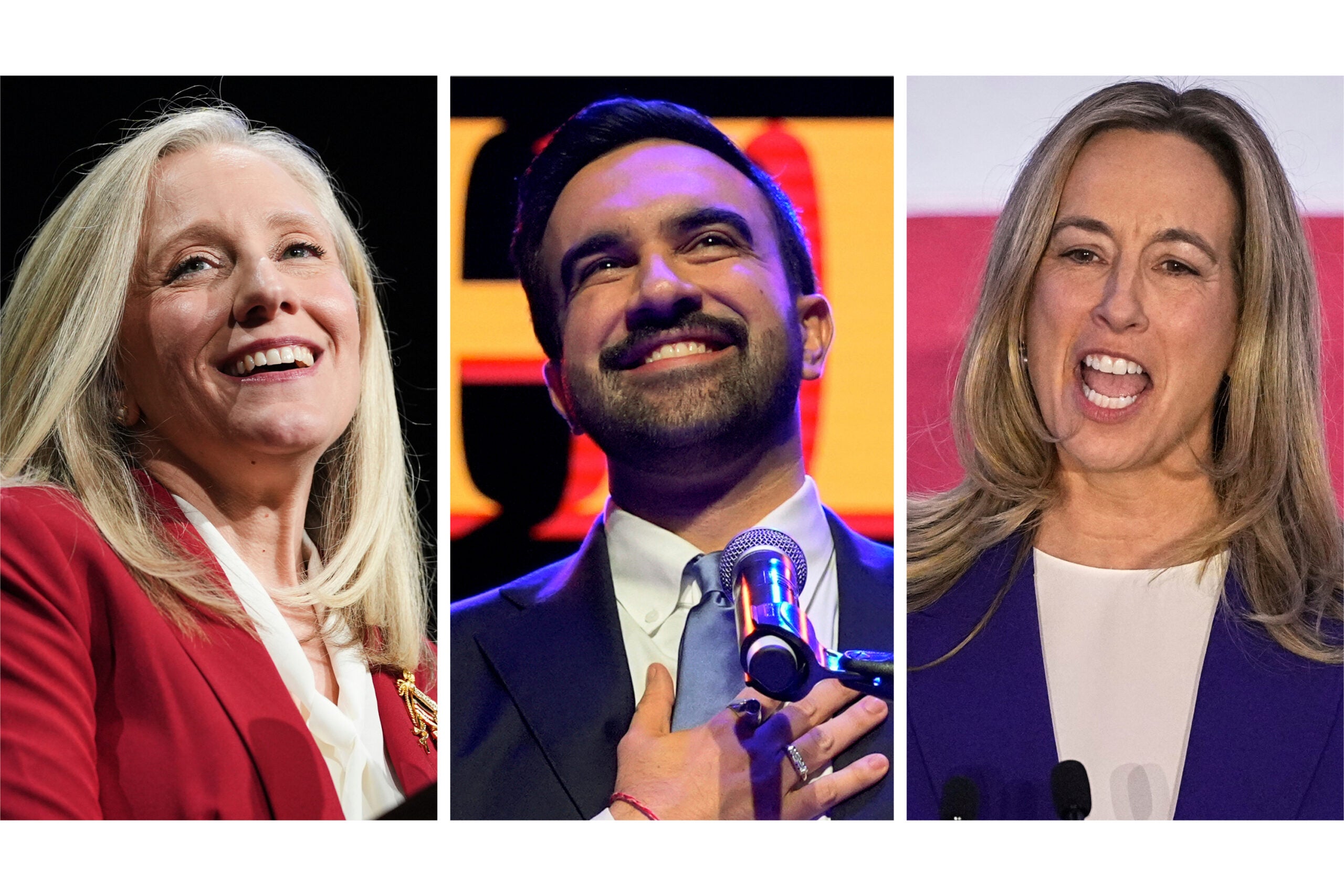Republican contenders for the presidency will debate before a national audience on Wednesday — but the choice to hold the first debate of the 2024 election cycle in Milwaukee signals how important Wisconsin will be to any path to the White House, experts say.
That holds true for both parties. The debate comes a week after President Joe Biden visited the state, and days after his reelection campaign announced a multi-million-dollar advertising blitz in swing states.
“If I had to say what are the five top swing states…that both parties should be concerned about, Wisconsin is among them,” said Liz Mair, a veteran Republican strategist who worked for former Gov. Scott Walker’s 2016 presidential campaign.
News with a little more humanity
WPR’s “Wisconsin Today” newsletter keeps you connected to the state you love without feeling overwhelmed. No paywall. No agenda. No corporate filter.
Even as partisan maps have shifted, putting Georgia and Arizona into a more competitive position than in past electoral cycles, Wisconsin has become a high stakes state with narrow margins, she added.
“When you look at 2016, obviously, the (Hillary) Clinton campaign took (Wisconsin) a bit for granted, and paid,” Mair said. “And I think when you look at 2020, I think (former President Donald) Trump thought that his numbers were stronger in Wisconsin than they actually were.”
The 2016 and 2020 races were both resolved by the slimmest of margins. Hillary Clinton became the first Democrat to lose the state since 1984 when she lost to former President Trump in 2016 by 0.77 percent of the vote. Biden, a Democrat, won the state by a similarly tiny 0.63 percent in 2020.
The state is expected to remain tightly competitive and will be key to any candidate’s strategy, said Julia Azari, a political scientist at Marquette University.
Because Republicans can increasingly depend on rural voters, Azari said, Democrats may have the heavier lift to turn out their bases in Milwaukee and Dane counties.
A victory in Wisconsin “depends a great deal on which voters in the state turnout — depends a great deal on the kind of political trajectory of the northwestern part of the state,” she said. Voters there have trended more Republican in recent years.
The importance of the Badger State to any political strategy is on full display. The Republican National Committee will hold its summer meeting in Milwaukee next week, and the party convention in Milwaukee next summer.
Biden, meanwhile, made a stop in Milwaukee last week to highlight his administration’s economic record. Earlier in the month, Vice President Kamala Harris was in Kenosha County to promote manufacturing job growth and infrastructure investment through legislation promoted by the president.
And on Sunday, the Biden-Harris campaign announced a $25 million ad campaign targeting Democratic strongholds in battleground states, including Milwaukee, Green Bay and Madison.
“As Republicans head to the debate stage next week to put on display their extreme and out-of-touch positions, we are investing in reaching Americans across the country with President Biden and Vice President Harris’ message for the middle class and for Americans’ fundamental freedoms,” a campaign spokesperson said in a press release. “While Republicans duke it out in Milwaukee over their divisive and unpopular agenda, President Biden is amplifying his winning message and leadership as a president for all Americans.”
Biden’s approval ratings in Wisconsin are low, hovering around 42 percent, according to Marquette University Law School polling.
Of prospective Republican candidates, former president Donald Trump — who has said he will not be at Wednesday’s debate but is nonetheless considered the Republican front-runner — is top among likely Republicans, with a favorability rating among party voters of about 46 percent, compared to about 22 percent for the next most supported Republican candidate, Florida Gov. Ron DeSantis.
Wisconsin Public Radio, © Copyright 2026, Board of Regents of the University of Wisconsin System and Wisconsin Educational Communications Board.







